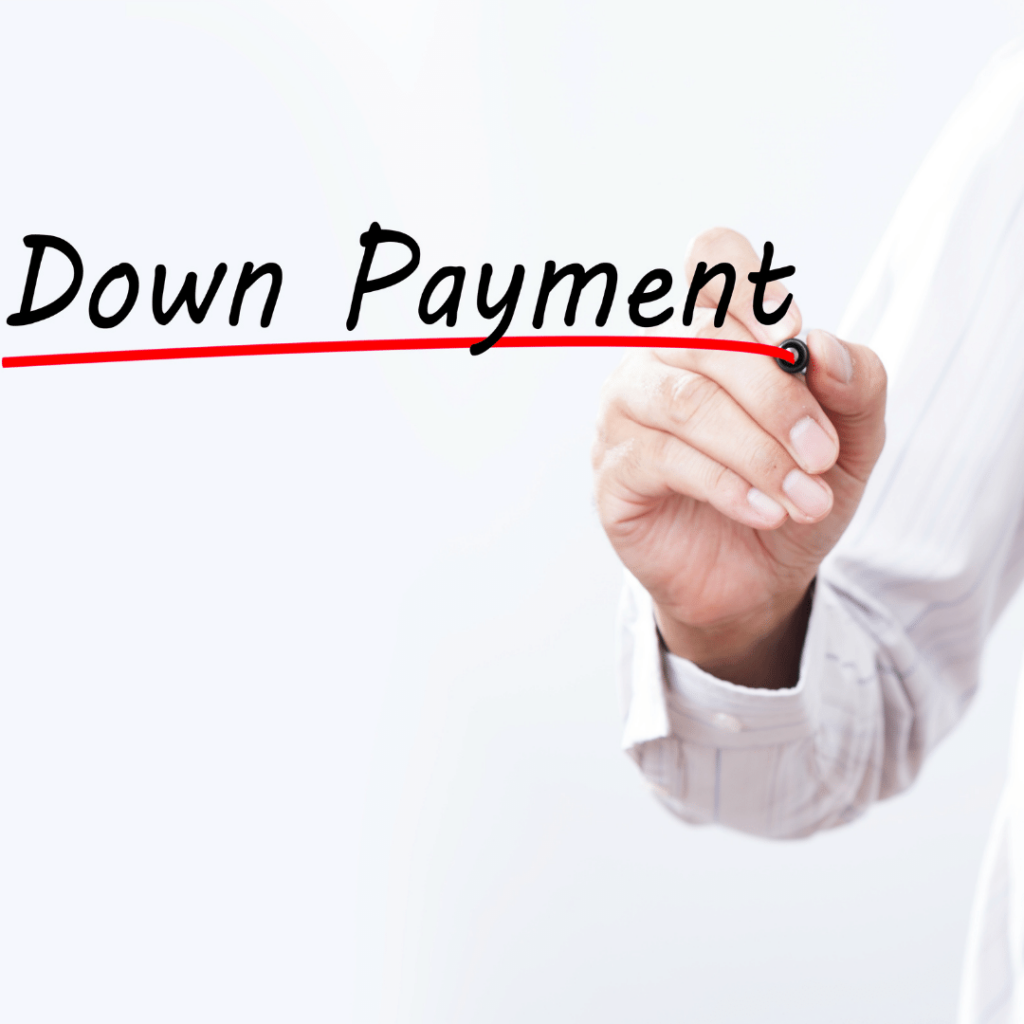Down payments are perhaps one of the most challenging aspects of buying a home. They require buyers to have quite a bit of capital upfront, which can be difficult to amass, especially with today’s soaring home prices. But does a down payment always have to be 20%?
There are pros and cons to having a smaller or larger down payment. In this article, we’ll discuss some of the most notable and explore whether 20% down is always the best option.
The Pros
- Lower Monthly Payments
A larger down payment means that you’ll have to take out a smaller mortgage, which in turn means lower monthly payments. This can be helpful if you’re on a tight budget or want to keep your housing expenses as low as possible over the long term.
- Avoid Mortgage Insurance
Mortgage insurance is required if you make a down payment of less than 20% on your home. This insurance protects the lender in case you default on your loan. However, it also means that your monthly payments will be higher, as you’ll be paying for both the mortgage and the insurance. If you can avoid mortgage insurance by making a larger down payment, it may be worth doing so.
- More Equity In Your Home
Making a larger down payment gives you more equity in your home from the start. This can be beneficial if you ever need to sell your home or take out a home equity loan, as you’ll have more equity to borrow against.
- Lower Mortgage Rates
The Loan-To-Value ratio, or LTV, is a standard measurement mortgage lenders use to determine the risk level of a loan. The lower your LTV, the lower the interest rate you’re likely to qualify for. So, if you make a larger down payment, you’re more likely to get a better mortgage rate.
- More negotiating power
When making an offer on a home, the size of your down payment can give you more negotiating power. A larger down payment may make sellers more willing to accept your offer, especially if you’re up against other buyers with smaller down payments.
- Lower Mortgage Insurance Premiums
Although it’s not mandatory once you’ve hit a 20% down payment, mortgage insurance can still be a good idea. Mortgage insurance protects you from defaulting on your loan, and it can be helpful if you’re worried about job loss or other financial hardships. The premium is based on your LTV, so if you make a larger down payment, your mortgage insurance premiums will be lower.
The Cons To Know About
- You’ll Need More Cash Upfront
The most obvious downside to making a large down payment is that you’ll need more cash upfront. This can be difficult to come up with if you don’t have substantial savings.
- You Could Miss Out on Other Opportunities
Putting all of your cash into a down payment means that you may have to miss out on other opportunities, such as investing in stocks or taking a much-needed vacation. If you’re not comfortable tying up all of your savings in a home, making a smaller down payment could be the better option.
So, is a 20% down payment always the best option? There’s no right or wrong answer when it comes to how much you should put down, as it depends on your individual circumstances. If you’re trying to decide whether a 20% down payment is the right choice for you, weigh the pros and cons carefully before making a decision. Everyone’s wants, needs and risks are different, so taking the time to reflect on your own is what will end up serving you best in the long run.
If you have questions about mortgages or the home buying process, send me a message and let’s chat!
